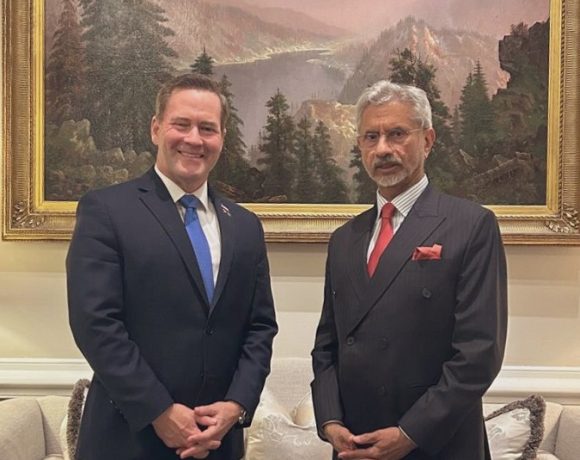
China Curbs Put 21,000 Indian Audio Sector Jobs at Risk
More than 21,000 jobs in India’s audio-electronics sector are at risk following China’s tightening of export regulations on key rare earth elements such as terbium and dysprosium. These materials are essential for manufacturing high-performance NdFeB magnets, which power a range of consumer products including hearables, wearables, and loudspeakers.
According to a recent report by a leading industry association, the abrupt supply constraints and price volatility have begun forcing Indian manufacturers to abandon domestic component production in favor of importing fully assembled products. This reversal in production strategy threatens not only India’s ambitions for self-reliance but also puts thousands of livelihoods at stake.
Audio Jobs in Jeopardy
The report warns that the impact could lead to the loss of 5,000 to 6,000 direct manufacturing jobs, particularly in regions like Noida and southern India, where speaker component units are concentrated. Additionally, about 15,000 indirect jobs in logistics, warehousing, and allied services face elimination as a result of shrinking local manufacturing.
Rare earth magnets, despite comprising just 5–7% of a product’s bill of materials, are irreplaceable due to their size and magnetic strength. Without a stable and affordable supply of these materials, component makers are unable to maintain operations, forcing larger OEMs to source completely built units from overseas—largely from China itself.
Supply Crunch Escalates
With China responsible for nearly 90% of India’s NdFeB magnet imports, the new licensing rules have caused delays, administrative hurdles, and increased costs. Alternative suppliers from Japan, the EU, or the U.S. are not only costlier by up to three times but also lack the scale to meet Indian demand.
To cope with the crisis, some manufacturers have started building inventory buffers and experimenting with ferrite-based magnets, though the performance drop is significant. Industry voices caution that such workarounds can only provide short-term relief and cannot sustain high-quality production standards in the long run.
Policy Urgency
The industry has urged immediate intervention from the government, including initiating dialogue with China to secure supply assurances, expanding research funding for rare earth alternatives, and fast-tracking incentive schemes. A dedicated production-linked incentive (PLI) scheme for rare earth magnet manufacturing has also been suggested to build long-term self-sufficiency.
Without swift action, India risks losing momentum in its growing consumer electronics and wearable tech sector, along with the jobs and economic growth tied to them. The rare earth supply crunch is not just an industrial challenge—it is a national strategic concern demanding urgent redress.


















